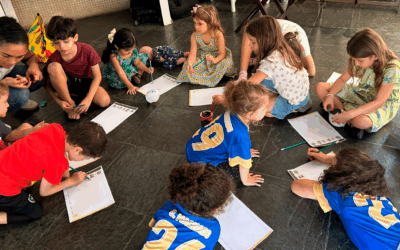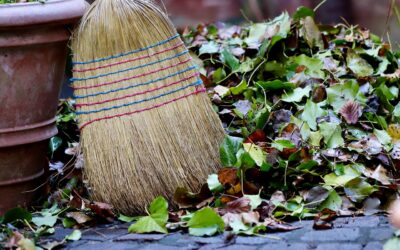“I see and I find my own light in the other, the true Reality of myself, the real me in the other (perhaps buried or secretly disguised for shame), and once I have found myself, I am reunited by resurrecting myself.” Chiara Lubich, The Resurrection of Rome. “Mercy was the dough with which we kneaded our civilization in past centuries. Without knowing and loving mercy we do not understand the Bible, the Covenant, the book of Exodus, Isaiah, the Gospel of Luke, Francis of Assisi, Teresa of Avila, Frances Cabrini, Don Bosco, Christian social works, the Italian Constitution, the European dream, and life together and love affairs after the concentration camps, families living and staying together until the very end. It is mercy that matures and keeps up our relationships through time, it turns falling in love into love, sympathy and emotional accordance into big and strong projects, it makes our “forever’s” pronounced in youth become a reality, it prevents maturity and old age from becoming just a nostalgic story of broken dreams. Mercy lives of three simultaneous movements: the eyes, the bowel (rachàm in the Bible) and that of the hands, the mind and the legs. Those who are merciful are first and foremost people that are able to see deeper. The first instant of mercy is a look that reconstructs the moral and spiritual figure of the one that arouses mercy in us. Before acting to “take care of him,” the merciful one looks at him and sees him in a different way. The “not yet” is glimpsed beyond the “already” and the “has already been” appears to all involved. Prior to being an ethical action, mercy is a movement of the soul, with which I can see the other in their original design, before the error and the fall, and I love them in order to recreate their truer nature. Mercy can reconstruct the broken image in the soul, it can reconstruct the interrupted storyline. It can see that there is an inter-human solidarity that is deeper and truer than any crime, it believes that fraternity is not cancelled by any fratricide. It sees Adam again, even after Cain. And while it perceives purity in impurity, beauty in ugliness, light within the darkness, it also moves the body, and touches one in the flesh. The whole insides are moved. Mercy involves the whole body, it is a totalistic experience, something like the birth of a new creature – if there was no mercy, the experience of childbirth would remain totally inaccessible to us males; and yet we can understand something of this mystery, the greatest of all, when we give life mercifully. Mercy is something that is felt, it hurts, there is labour in it. It is an embodied experience, it is corporal. For this reason those who know mercy also know disdain: if I do not suffer viscerally from all the injustice and evil around me, I cannot be merciful. The same bowels are moved today by the indignation and anger in front of the children who died locked inside a lorry or drowned in the sea, and tomorrow the betrayal of a friend in need of forgiveness”. (Read more) by Luigino Bruni Published in Avvenire (Italian newspaper) on 06/09/2015
Listen attentively
Listen attentively




0 Comments